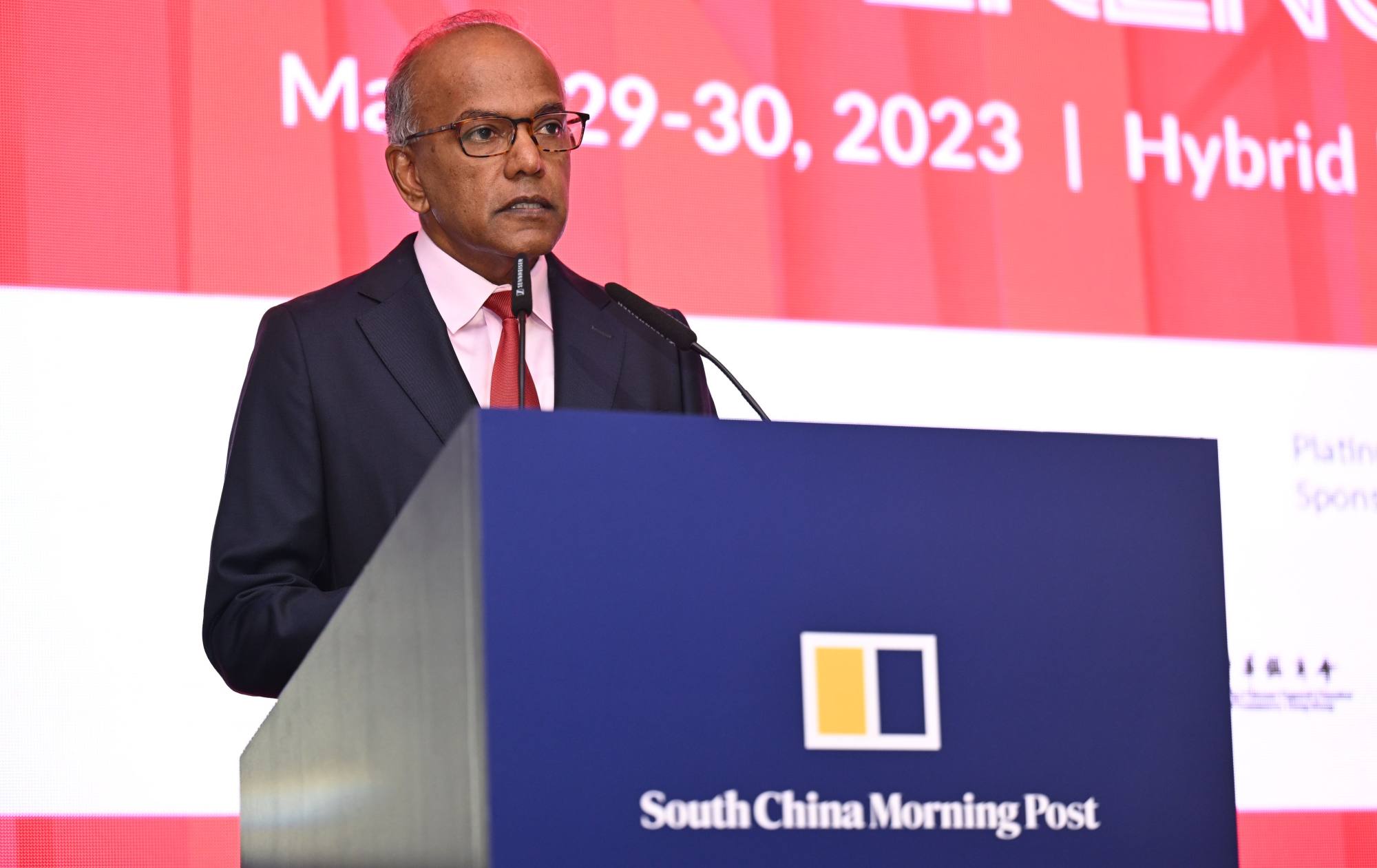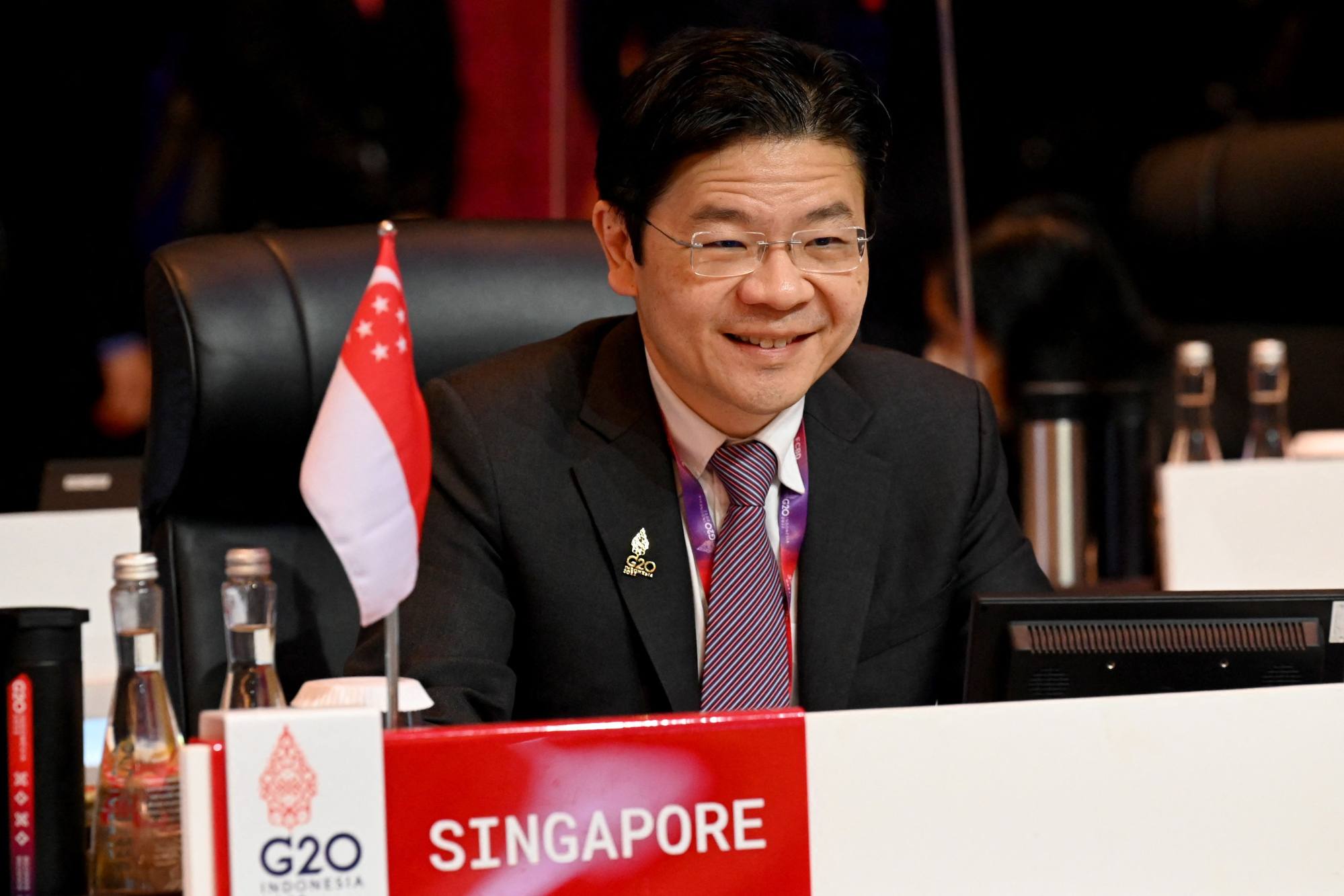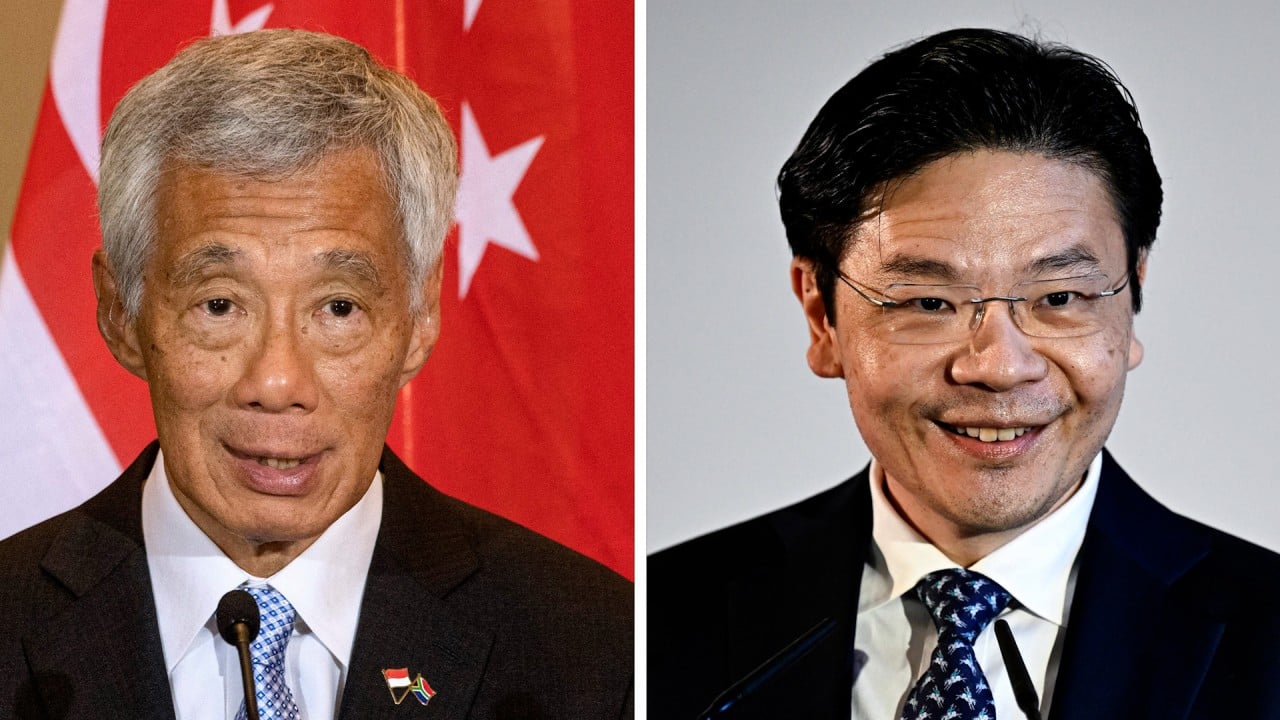Despite this, the piece argued, the ruling People’s Action Party (PAP) will win at the coming General Election due to its “formidable organisation, unrelenting attacks on the opposition, a docile press”, among other factors.
They can’t stand that a people they were accustomed to lecturing are now doing better than they are, across the board

In economic terms, Singapore’s per capita gross domestic product stands at over S$109,000 (US$80,000) and is the fifth highest by purchasing power parity terms, “well ahead of the UK”, Shanmugam added.
Regarding the media, he retorted: “[The Economist] obviously prefers a situation like in the UK, where one person can control major media outlets, and have politicians pay court to him, and where media owners can influence who gets elected, and who becomes PM.”
Shanmugam said that Singapore provides “far better healthcare, housing and education” to its people, regardless of classes and races.
The Republic also fares better in terms of public safety and in social cohesion, he added.
Singapore’s Wong and China’s Li agree to boost ‘mutually beneficial cooperation’
Singapore’s Wong and China’s Li agree to boost ‘mutually beneficial cooperation’
Shanmugam highlighted how, for example, 85 per cent of all crime cases reported across England and Wales were closed without any suspect caught while in over 100 neighbourhoods “0 per cent” of reported car thefts were solved. England and Wales are part of Britain.
This is a situation that would be “unthinkable and unacceptable” in Singapore, said the minister.
Shanmugam also cited how a political donor in Britain recently made a racist comment with no consequence, while someone in Singapore is likely to be charged in court for spouting similar comments.
“What price your sneer?” he asked.
The Economist’s 740-word piece called Wong a “compromise candidate” who was not the first choice among the 4G leaders. It added that he was a “highly competent former technocrat”.
Nonetheless, it argued, Wong at the coming polls, is “guaranteed a majority to make the leaders of many other countries weep”.
In spite of the high chances of winning for him and the party, the piece said that “more is at stake” at the coming election.
“At stake for Mr Wong, when he goes to the country, is not his [and the 4G’s] formal mandate but rather moral legitimacy,” it said.
This is in view of how many younger Singaporeans no longer judge the party on its “traditional emphasis of delivering economic growth”, but instead demand “more fairness” in growth and “more participatory” politics, it argued.

Commenting on how continuity is to be expected in spite of the leadership change, The Economist article highlighted “at least one key member of the old guard”, Shanmugam, will remain in the Cabinet.
The piece opined that Wong, a “guitar-strumming, confessed nerd brought up on an East Coast housing estate”, is more relatable to Singaporeans “than most of the governing elites”, and starts off with a degree of goodwill.
However, the coming polls will be his key test.
“If the opposition gets many more than the 10 out of 87 elected seats it currently holds, the change candidate will start off on the back foot,” it wrote.
TODAY has reached out to The Economist for comment.

